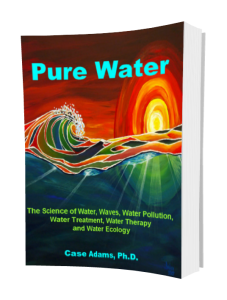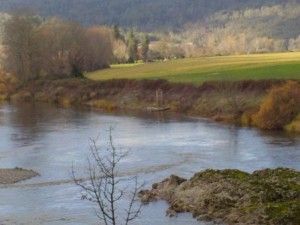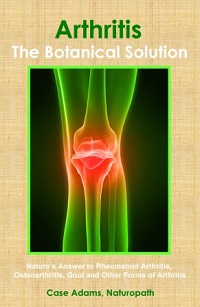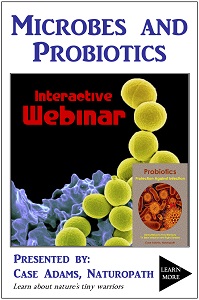Chemical Fertilizers Poisoning Drinking Water
Chemical fertilizers are bad for the planet. But they are also bad for us in terms of poisoning our drinking water. This is according to multiple studies.
In this article
Chemical fertilizers and nitrates
Recent research released by the University of California at Davis has found that chemical fertilizers are contaminating drinking waters in agricultural areas throughout the U.S. with dangerous levels of nitrates.
The study focused upon the effects of farms in the Central Valley of California, one of the most productive agricultural areas in the United States. The study found that up to 10% of residents living near agricultural areas are likely drinking water contaminated with nitrates greater than safe levels. And at the rate of current chemical fertilizer use, that number is likely to grow to almost 80% by the year 2050.
High nitrate levels in water have been associated with the fatal “blue baby” disorder in children, rashes, birth defects, hair loss and thyroid cancer. Nitrates are not readily recognized in drinking water. They have no taste or odor, and they can only be determined using a water testing lab. Rural areas are more susceptible because many rural residents draw their water from wells, and wells are not always as well tested as municipal water supplies.
What nitrate levels are toxic?
Regulations limit nitrate concentration in drinking water to below 45 parts per million.
Nitrates contaminate groundwater supplies primarily from chemical fertilizers, which contain high levels of nitrogen. Animal farms that produce high amounts of animal manure also cause some contamination. The study from UC Davis found that a full 96% of the contamination comes from agriculture. A mere 4% comes from other sources, which include waste treatment, septic tanks, landscaping and others.
The research was conducted by 26 scientists and led by Dr. Thomas Harter, a hydrologist from UC Davis and the Center for Watershed Sciences. The report was requested by the California State Legislature in 2008, and took nearly two years to complete.
Nitrates in water are not the only consequence of chemical fertilizer use. Dead zones – which exist in waterways such as those in the Gulf of Mexico, Chesapeake Bay and Lake Erie – are expanding as agriculture’s chemical fertilizer use continues. Algae blooms, driven by high nitrogen levels, suffocate sealife by consuming the water’s oxygen. The dead zone at the mouth of the Mississippi River can be as large as 7,000 square miles at times.
Herbicides are also toxic to marine life according to other research.
What are the solutions?
Some have suggested that agricultural businesses that dump chemical nitrogen into rivers ought to pay fees to assist in their eventual cleanup and health safety risks. Others have suggested that the wastewater be diverted back to their crops. Whatever the solution, it will be expensive.
This is precisely why organic food production – which uses low-nitrogen natural fertilizers and low-impact farming methods – is less expensive in the long run to our health, the health of our communities and the health of our planet.
Learn more about drinking water filtration and protecting our water supplies:

Learn more about our drinking water – how much to drink, best filtration methods and different pollutants –
while supporting this ad-free website.
REFERENCES:
Gurdak JJ, Qi SL. Vulnerability of recently recharged groundwater in principal aquifers to nitrate contamination. Environ Sci Technol. 2012 Jun 5;46(11):6004-12. doi: 10.1021/es300688b.
Pastén-Zapata E, Ledesma-Ruiz R, Harter T, Ramírez AI, Mahlknecht J. Assessment of sources and fate of nitrate in shallow groundwater of an agricultural area by using a multi-tracer approach. Sci Total Environ. 2014 Feb 1;470-471:855-64. doi: 10.1016/j.scitotenv.2013.10.043.


















